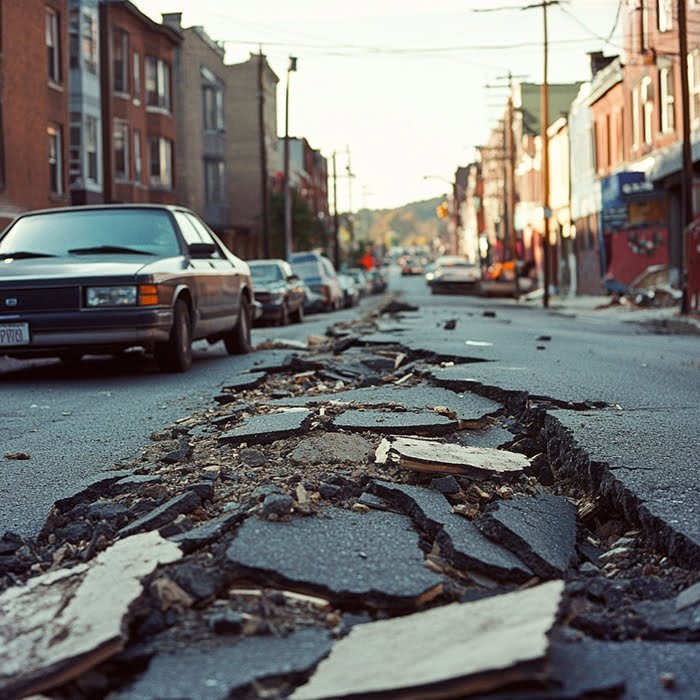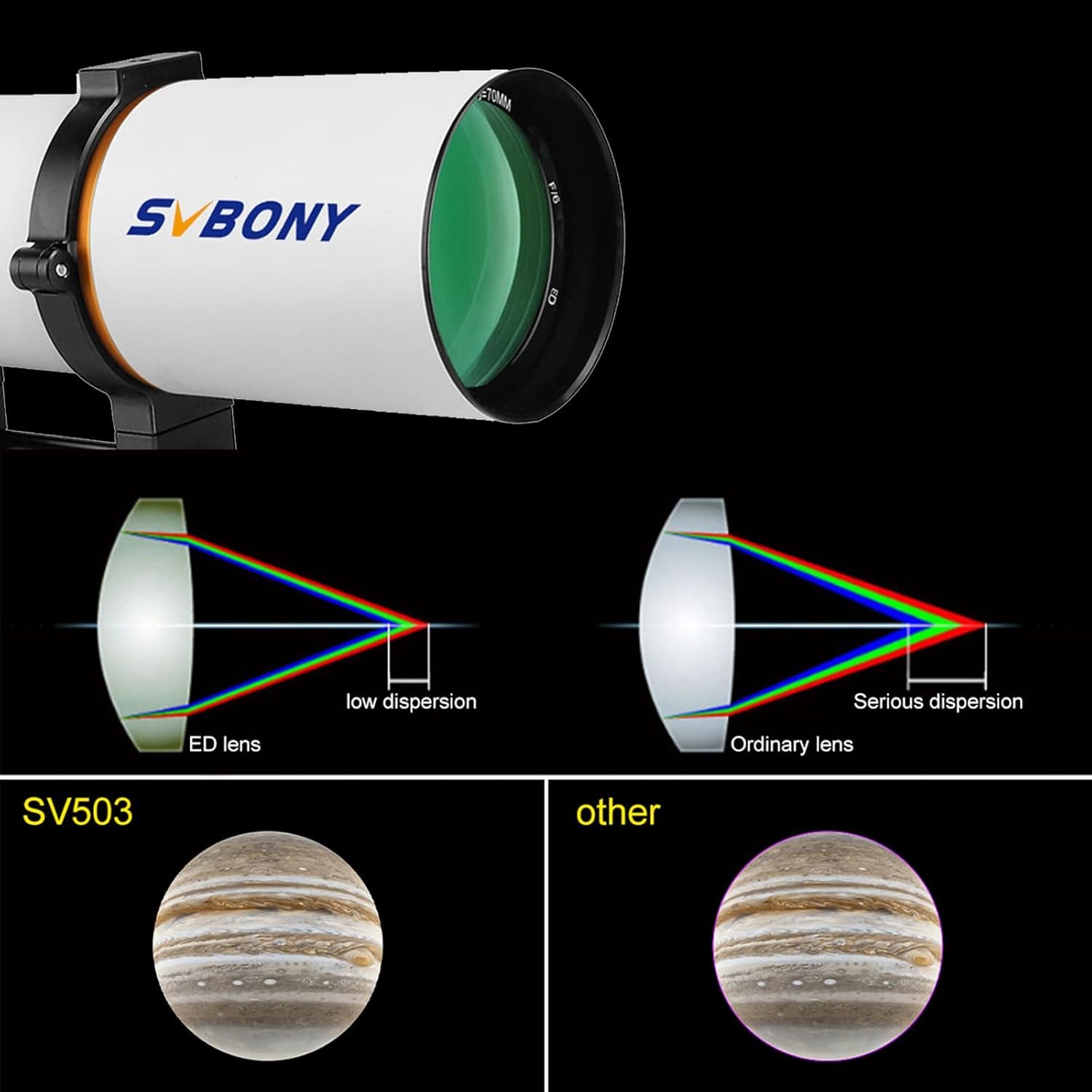New Jersey’s rare quakes include a 4.8 magnitude in April 2024. Prepare by staying put indoors, pulling over in cars, or using a pillow in bed.
Key Takeaways 📝
- Unusual Seismic Activity: Despite its reputation, New Jersey has recently experienced a series of earthquakes, including a notable 4.8 magnitude quake in April 2024.
- Far-Reaching Impact: The April earthquake was felt from Philadelphia to Boston, demonstrating the extensive reach of seismic waves on the East Coast.
- Historical Context: New Jersey’s seismic history dates back to 1783, with the recent quake ranking among the state’s largest recorded events.
- Geological Insights: Earthquakes in the region are primarily caused by faults and geological adjustments from ancient glaciers.
- Preparedness Tips: Key safety measures include staying put indoors, pulling over if in a car, and covering your head with a pillow if in bed, emphasizing the importance of readiness for future quakes.
New Jersey, a state not typically associated with seismic activity, has recently experienced a series of earthquakes that have caught the attention of residents and scientists alike. This blog delves into the recent seismic events, historical context, and preparedness tips for those living in the Garden State.
Researching Recent Earthquakes in New Jersey/s

Recent Seismic Activity
In May 2024, New Jersey was shaken by a 2.9 magnitude earthquake near Gladstone, felt by over 670 people. This quake was part of a series of aftershocks following a significant 4.8 magnitude earthquake in April 2024, the largest in the Tri-State area since 1973. The April quake was felt from Philadelphia to Boston, highlighting the broad reach of seismic waves on the East Coast.
Frequency and Magnitude
Over the past year, New Jersey has experienced 82 earthquakes, with the largest being the 4.8 magnitude quake in Whitehouse Station in April 2024. Unlike the West Coast, where earthquakes are more frequent but localized, East Coast quakes can be felt over larger areas due to the geological characteristics of the region.
Historical Earthquakes in New Jersey
Notable Historical Earthquakes
The first recorded earthquake in New Jersey occurred on November 29, 1783, with a magnitude of 5.3. This event was felt from New Hampshire to Pennsylvania, though it caused limited damage. Since 1950, about 20 earthquakes with magnitudes above 4.5 have been recorded in the region.
Earthquake Records
The recent 4.8 magnitude earthquake in April 2024 ranks among the largest recorded in New Jersey, underscoring the state’s potential for significant seismic events.
Causes of Earthquakes in New Jersey
Geological Factors
Earthquakes in New Jersey are primarily caused by faults, which are cracks in the rock layers beneath the surface. The region’s numerous faults, combined with the weight of nearby mountains and the separation of rock plates in the Atlantic Ocean, contribute to seismic activity. Additionally, the ground in New England is still adjusting from the weight of glaciers, which can also influence seismic events.
Recent Research and Monitoring
To better understand these earthquakes, universities and the USGS have deployed seismometers across the region. This research aims to identify the specific faults responsible for recent earthquakes and assess the likelihood of future seismic activity.
Earthquake Preparedness Tips for New Jersey
Earthquake Preparedness
Given the potential for earthquakes, it’s crucial to be prepared. Here are some key safety tips:
- In a Car: Pull over and stop, setting your parking brake.
- In Bed: Turn face down and cover your head and neck with a pillow.
- Outdoors: Stay away from buildings.
- Indoors: Stay put and avoid doorways.
While earthquakes in New Jersey are relatively infrequent, recent events highlight the importance of understanding and preparing for seismic activity. Ongoing research and monitoring efforts are crucial in identifying the causes and potential risks associated with earthquakes in the region. By staying informed and prepared, residents can mitigate the impact of future seismic events.
























